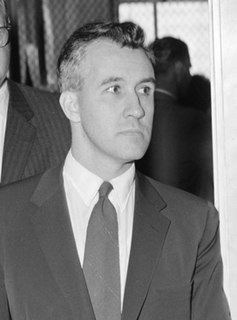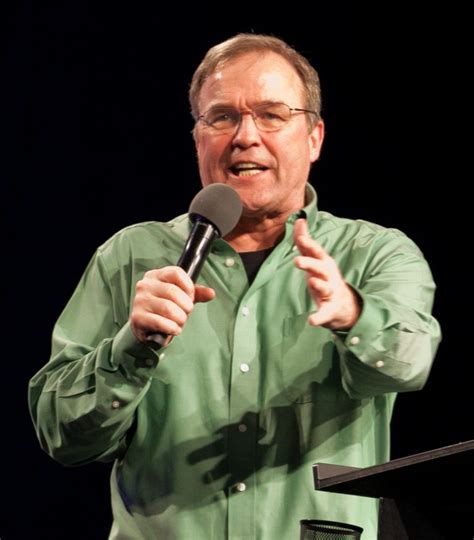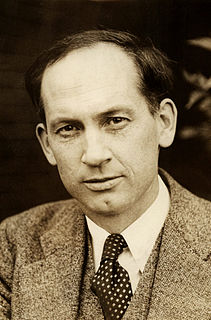A Quote by Charles Krauthammer
In the Middle Ages people took potions for their ailments. In the 19th century they took snake oil. Citizens of today's shiny, technological age are too modern for that. They take antioxidants and extract of cactus instead.
Related Quotes
The foolish took their lamps, but took no oil (pursued ministry as their priority over getting oil). The wise took oil in their vessels with their lamps (pursued oil as their priority before ministry). At the dark midnight hour of history, the Spirit will raise up forerunners who cry out that Jesus is coming as a Bridegroom God and that we must go out to meet Him (make the necessary effort to encounter Him). They all slept which speaks of living in context to the natural processes of life.
That cactus went right through my eye. It left my eye flat. They took me to a doctor, and he said, 'We'll have to take the eye out.' ...I fought like a tiger. I said, 'No! Leave the eye alone. I am sure it will grow back.' The doctor said, 'You're too young to know.' ...But in a year's time that fluid came back, and that eye is just as good as the other one today.
We are more gullible and superstitious today than we were in the Middle Ages, and an example of modern credulity is the widespread belief that the Earth is round. The average man can advance not a single reason for thinking that the Earth is round. He merely swallows this theory because there is something about it that appeals to the twentieth century mentality.
We have to program the mind of the public that age is not ugly. Age is just age. Wake up, American children, and stop listening to other people's voices. Know yourself, be true to yourself and make a contribution. It took me half my life to know myself. I listened to other people's opinions and took them as gospel.
Wake up, America. The insurance companies took over health care. Wake up, America. The pharmaceutical companies took over drug pricing. Wake up, America. The speculators took over Wall Street. Wake up, America. They want to take your Social Security. Wake up, America. Multinational corporations took over our trade policies, factories are closing, good paying jobs lost. Wake up, America. We went into Iraq for oil.
There is not one particular moment that can account for the shift from the social issue concerns of 19th-century evangelicals into the state of American evangelicalism today. Some historical moments are telling. The rise of biblical criticism in the 19th century forced evangelicals to make choices about what they believed about the gospel.
































